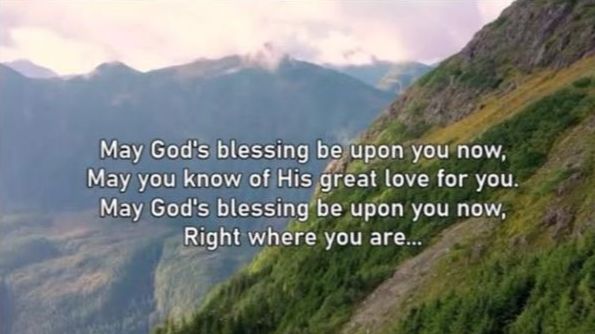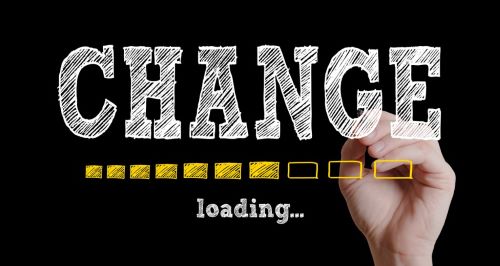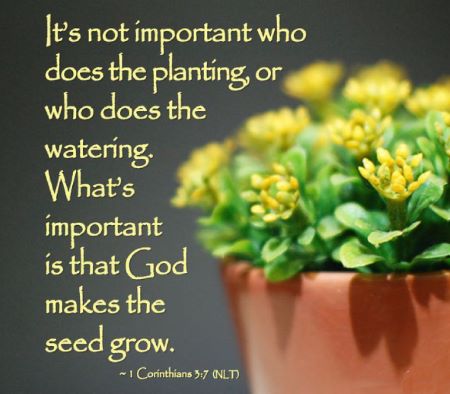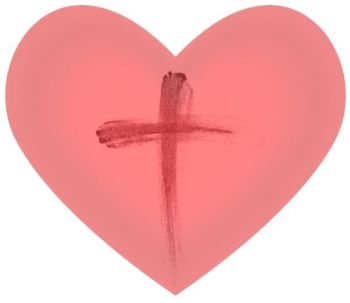
Awareness
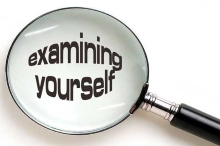 As we navigate our way through Lent, I invite us to consider all the things we do, but to pay particular attention to those for whom we do them, and to carefully dig down past the typical reasons towards any underlying reasons there may be for doing them. I invite us to be more aware.
As we navigate our way through Lent, I invite us to consider all the things we do, but to pay particular attention to those for whom we do them, and to carefully dig down past the typical reasons towards any underlying reasons there may be for doing them. I invite us to be more aware.
We certainly do things like provide for our families. We give up something we want so a loved one can have what they need or want. We help out our neighbors. We may shovel their walks, or offer to pick up a few things for them when we go to the grocery. We may visit or may just call to check in on them.
But there are things we can do only for ourselves (though I’m always a bit uncomfortable when the dental hygienist flosses my teeth). There are personal care regimes we do only for ourselves, unless perhaps we are healthcare providers. There are meals we cook only for ourselves or our families, unless perhaps we’re short order cooks or chefs. There are photographs we take only for ourselves or the family album, unless perhaps we are photographers.
But unfortunately, we are also capable of rationalizing almost anything to ourselves (someone once called this the greatest sin). There are things we do for ourselves that look like we’re doing them for someone else, like the TV commercial in which the husband buys a power tool for his wife’s birthday; and as the audience, we can clearly see who he’s really bought it for. There is money we spend on things we don’t really need, but we figure we “deserve” the objects of our desires because of how hard we’ve worked. And then, perhaps, as we age, we wonder why we have all of this stuff that has lost its appeal.
And perhaps there are stories we tell to improve our “standing” with others instead of to convey needed information? Or we “drop names.” Or we say things to feel better about ourselves even when the effect of our words may be unkind or make someone else feel worse. Or we do things so we can be seen by others doing them. We move closer to certain communities or farther away from them because of how they affirm our personal narratives or challenge them. We cherry-pick those parts of the Gospel that are easier for us to embrace and reject those which compel us to change.
And when we consider forgiveness. Do I forgive because I’ve been forgiven by God? Do I forgive when and because I’ve been forgiven by others? Do I forgive simply because I believe that others have done the very best they could? And not when I suspect there’s been some intentional slighting? Or do I hold a grudge because others have held grudges against me? And do we remember that not forgiving others, is like drinking poison and waiting for them to take sick.
As we navigate our way through Lent, I invite us to consider how, what we do, can help God’s Kingdom emerge into Heaven on Earth.
The dollars I give to someone who’s begging for alms at an intersection, may be used for beer instead of for food –– but if I give it as gift, I really have no say in how it’s used; I am though, “putting out into creation” an energy which may make it easier for others to give. And perhaps then over time for laws to be changed which will eliminate the need to seek alms by providing employment for all, or mental health and other care for those who need it.
I am choosing to be part of God’s plan for all of creation when I help those who have no clout and can give me nothing in return. And that energy, that ethos radiates out via Spirit, into the collective consciousness of creation, and has the potential to change others’ hearts and minds. It is an ethos which is more aligned with generosity and God’s abundance than with greed and fear.
I can choose to be more vulnerable. To acknowledge when I’m wrong or have jumped to some conclusion. To stop believing that my opinions are facts. To be more aware when I’m projecting “my stuff” on to some situation or on to someone else. To keep from believing that what’s important to me is equally important to everyone else. To keep from believing that others ought to drive the way I drive.
But maybe, perhaps mostly, I can try to remember that even though my sins are like mountains and my good deeds are like small pebbles, I could not be loved by God any more than God already loves me. And then share that love with every single one of my neighbors (and here’s a hint you already know: that’s everyone).


